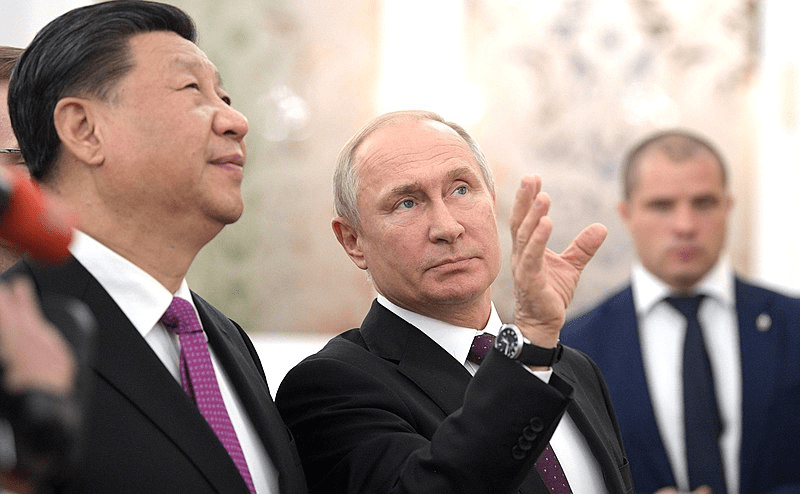(NU-NEA) Russia's Nuclear Signaling in Ukraine and China's Nuclear Policy
Tong Zhao argues that China fundamentally sees the Ukraine conflict as being caused by hegemonic behavior by the US-led West forcing Russia’s hand. The war has other consequences for the Asia-Pacific regional balance of power, he says.
Zhao says China has been watching and learning from Russia’s implicit use of nuclear weapons threats in the Ukraine conflict. The lessons China internalizes from this episode may add further ambiguity and uncertainty to the interpretation and application of China’s No First Nuclear Use policy in potential conflict situations, including those involving Taiwan. For example, should Russia succeed in yielding the threat of nuclear attack as means of maintaining control over occupied regions of Ukraine, then China may in turn explore ways to position its nuclear posture in a way that helps it to reunify Taiwan with the mainland.
This policy brief was prepared as part of the “Reducing the Risk of Nuclear Weapons Use in Northeast Asia” (NU-NEA) project, a collaboration between the Research Center for Nuclear Weapons Abolition, Nagasaki University (RECNA), the Nautilus Institute, and the Asia Pacific Leadership Network for Nuclear non-proliferation and Disarmament. The project’s aim is to reduce and minimize the risk that nuclear weapons will be used in the region by developing better understandings of the processes that could lead to the first use of nuclear weapons and the potential outcomes of such nuclear weapons use. In the first year of this three-year project, the NU-NEA project team identified over 25 plausible nuclear weapons “use cases” that could start in Northeast Asia, sometimes leading to broader conflict beyond the region. These nuclear use cases are described in the report Possible Nuclear Use Cases in Northeast Asia: Implications for Reducing Nuclear Risk. The project has commissioned five contributions to update the cases in light of the Ukraine conflict, of which this policy brief is the second.
This policy brief is published simultaneously by the Nautilus Institute here and by RECNA-Nagasaki University here.
About the Author
Tong Zhao is a visiting research scholar at Princeton University’s Science and Global Security Program, as well as a senior fellow in the Nuclear Policy Program at the Carnegie Endowment for International Peace. His research focuses on strategic security issues, such as nuclear weapons policy, deterrence, arms control, nonproliferation, missile defense, hypersonic weapons, and China’s security and foreign policy.
Disclaimer: The opinions articulated above represent the views of the author(s) and do not necessarily reflect the position of the Asia Pacific Leadership Network or any of its members. APLN’s website is a source of authoritative research and analysis and serves as a platform for debate and discussion among our senior network members, experts, and practitioners, as well as the next generation of policymakers, analysts, and advocates. Comments and responses can be emailed to apln@apln.network.
Image: Presidents Putin and Xi, June 5, 2019, from the Presidential Press and Information Office of the Kremlin.

